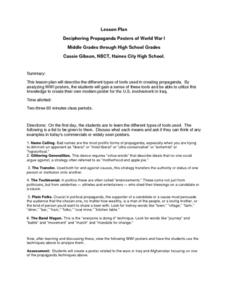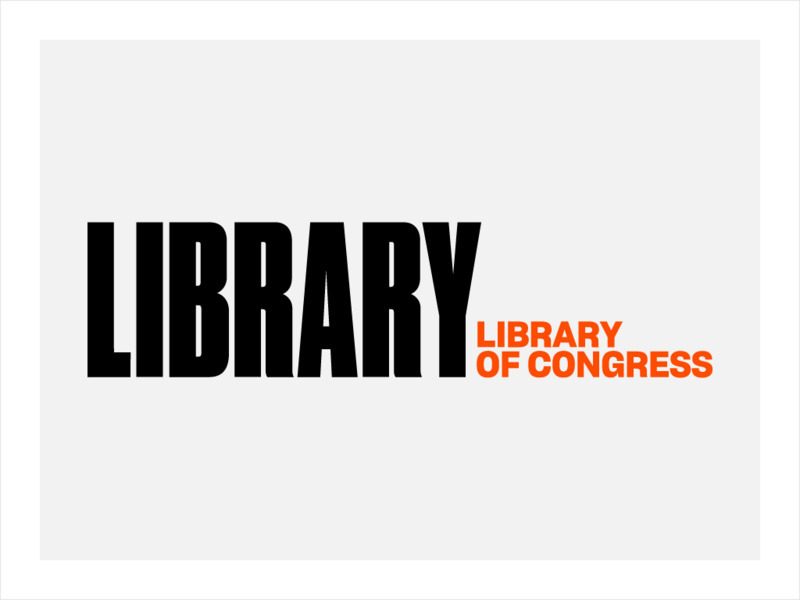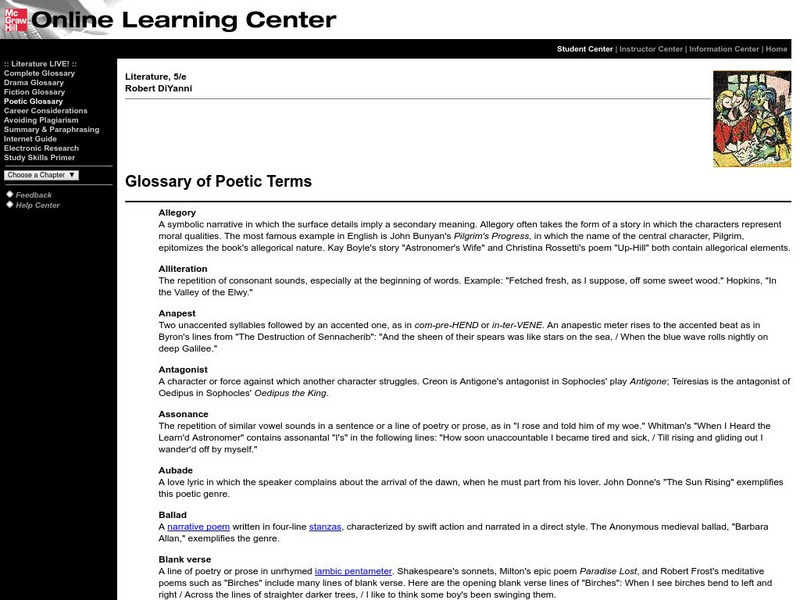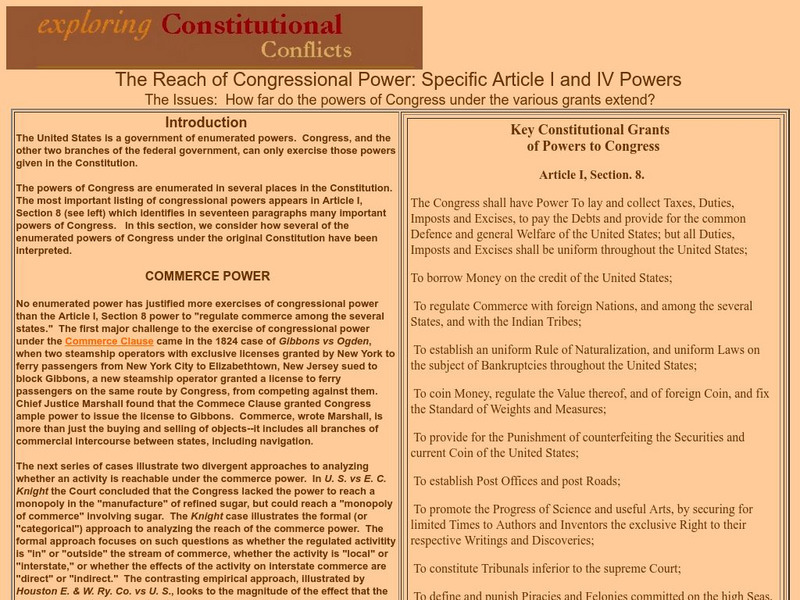United Learning
The Great Age of Exploration (1400-1550)
Delve into the Age of Exploration with this activity-packed resource! Complete with a pre-test, discussion questions and quiz for a 30-minute video on the period, map activities, timeline of discoveries, vocabulary, etc. this is a...
Pulitzer Center
Peacebuilding: Taking Home Lessons Learned in Africa
Learners take a closer look at one journalist's work on UN Peacebuilding efforts in four African nations: Sierra Leone, Burundi, Central African Republic, and Guinea Bissau. They collaborate to define peacebuilding and discuss the...
The New York Times
Revolt! Comparing Historical Revolutions
What elements are needed to have a revolution? How do historical revolutions from across the globe and generations compare with one another? This is an excellent activity that incorporates group work, source analysis, and an engaging...
Houghton Mifflin Harcourt
Renaissance and Reformation Chapter Review
Review key terms, vocabulary, sequence of events, and themes from the Renaissance and Reformation with this textbook chapter review. While designed by a publisher for a particular text, this resource can be incorporated into any...
Savvas Learning
Political Parties
What is a political party, and what major parties exist in American politics today? How did the party system develop in American history, and how are parties organized? These questions and many other details regarding the political party...
Curated OER
Deciphering Propaganda Posters of World War I
What strategies are employed when creating propaganda? Your young historians will learn about six different techniques utilized in the construction of political propaganda, particularly in the advertisements of World War I. The...
Curated OER
Introduction to Age of Absolutism
Who were the absolute monarchs of Europe and what effect did they have on their countries? Young historians begin by naming qualities they believe are important for a monarch to possess. They then take notes on four key factors leading...
What So Proudly We Hail
The Meaning of America: Freedom and Religion
The United States of America was founded on firm ideals of both the pursuit of happiness and a spirit of reverence. Through a close reading of Nathaniel Hawthorne's "The May-Pole of Merry Mount," you can examine what some consider was a...
Center for History Education
Debating Social Security: Understanding and Evaluating the Social Security Act of 1935
With throngs of Americans out of work and hungry, Franklin D. Roosevelt made the bold move to establish a social safety net with programs such as Social Security. The move was—and still is—controversial. Using documents from the 1930s,...
National Endowment for the Humanities
Creating the Office of the Presidency
The United States needed an executive power, but it wanted to avoid a monarchy. Using James Madison's notes on the Constitutional Convention, young historians look at the juggling act the Founding Fathers did to create a role for the...
National Endowment for the Humanities
The Question of Representation at the 1787 Convention
While the Constitution is considered enshrined today, its current form is the result of haggling at a secret convention in 1787. Using transcripts from the meetings and various plans as drafted by the delegates, class members unpack the...
Cornell College
Dred Scott v. Sandford Supreme Court Decision
Dred Scott was a harbinger of the Civil War. An enslaved man claimed freedom because his owner had taken him into free territory. Not only did the Supreme Court rule that Dred Scott and his wife were to remain enslaved, but it also ruled...
Bismarck Public Schools
Chapter 9 Review WKST
Here is a traditional multiple-choice, true/false, and fill-in-the-blank assessment on the presidency of James Monroe in the United States. It was designed to supplement a particular textbook chapter, but could be used to assess learning...
Curated OER
Centers of the Storm: The Lyceum and the Circle at the University of Mississippi
Greek Revival architecture and the Civil Rights Movement? Sure! Examine how the Lyceum and Circle, two historic buildings located on the campus of the University of Mississippi, relate to integration and the 1962 riot on the university...
Houghton Mifflin Harcourt
The Progressive Era: Muckrakers
Using Upton Sinclair's The Jungle, guide your class in the process of identifying unknown terms using context clues and formulating text-based answers. The lesson plan includes a useful worksheet incorporating scaffolding questions on an...
Southern Nevada Regional Professional Development Program
Review Games
Boggle, Jot Thoughts, Trading Cards, Commercial Breaks, Snowball Fight, Bingo, Draw it! Here’s a bunch of review games that would make a great addition to your curriculum library. The games can be easily adapted to address the Common...
Library of Congress
Loc: How to Find a Novel,etc. Without Knowing Its Title or Author
Use this guide to help identify a literary work when they know only its plot or subject, or other textual information such as a character's name, a line of poetry, or a unique word or phrase. Trusted databases, library catalogs, and more...
McGraw Hill
Mc Graw Hill Online Learning Center: Glossary of Poetic Terms
This is an online glossary of poetry terms including a list of terms, definitions, and examples. It also provides links to other terms that are used in the definition.
Georgia Department of Education
Ga Virtual Learning: Poetic Devices [Pdf]
This is a nine-page PDF on poetic devices; it includes four sections: The Sounds of Words, The Meanings of Words, Arranging the Words, and The Images of Words. Each section includes the poetic devices that fit the topic complete with...
Georgia Department of Education
Ga Virtual Learning: Undergrad Writing Cntr: Definitions of Poetic Devices [Pdf]
This two-page PDF is a list of poetic devices and their definitions compiled by the Undergraduate Writing Center, of The University of Texas at Austin.
Library of Congress
Loc: Enactment of a Law
This site is a description of the legislative process of the enactment of a law. It begins with the various origins, steps, procedures and schedules in the making of a law. It contains a description of terms.
Georgia Department of Education
Ga Virtual Learning: American Government: The Legislative Branch
Comprehensive learning module with multi-media resources on the Legislative Branch of the American Government.
University of Missouri
Interpreting Citations Tutorial
Want to make sense of the crazy-looking symbols and abbreviations in many periodical indexes? This clearly presented, quick tutorial can show you exactly what each strange symbol and abbreviation means.
University of Missouri
Exploring Constitutional Conflicts: The Reach of Congressional Power
Read about the privileges and powers exercised by Congress from a constitutional law perspective. Includes examples of many cases which have tested the limits of Congressional power in the history of the United States. Many links to...




















![Ga Virtual Learning: Poetic Devices [Pdf] Handout Ga Virtual Learning: Poetic Devices [Pdf] Handout](https://d15y2dacu3jp90.cloudfront.net/images/attachment_defaults/resource/large/FPO-knovation.png)



